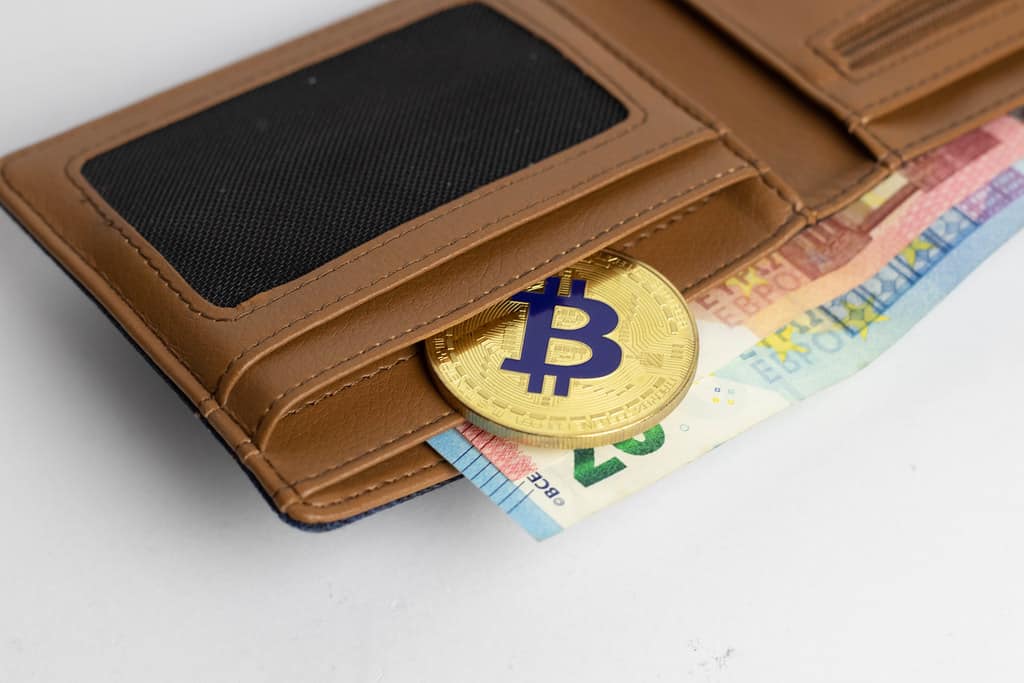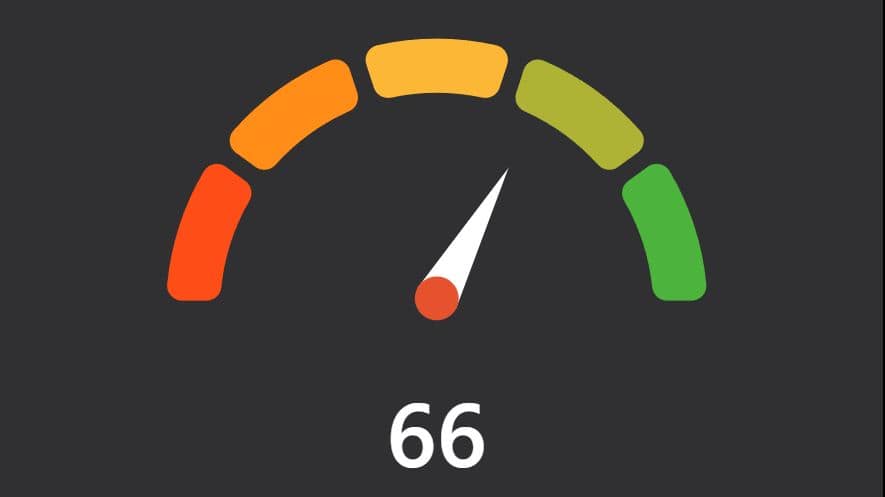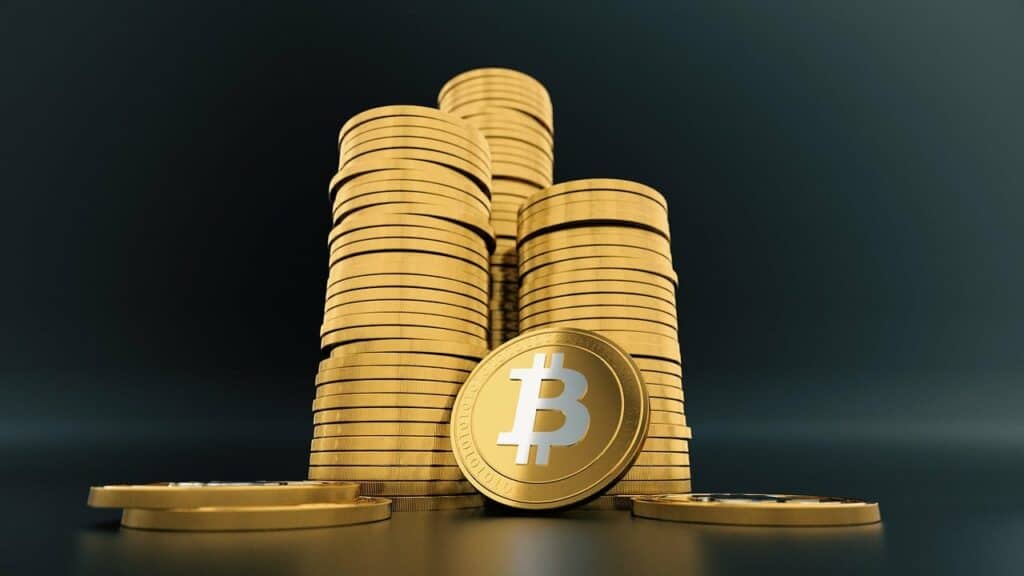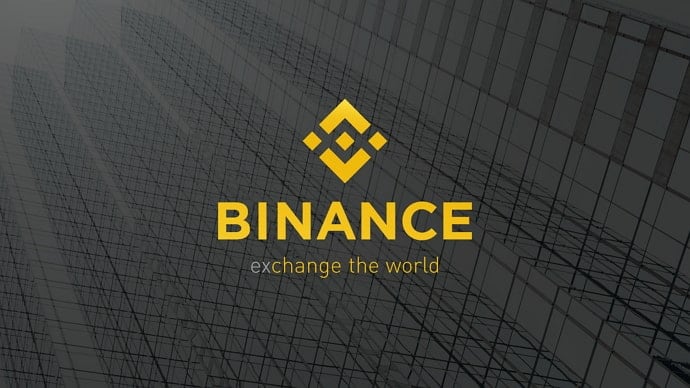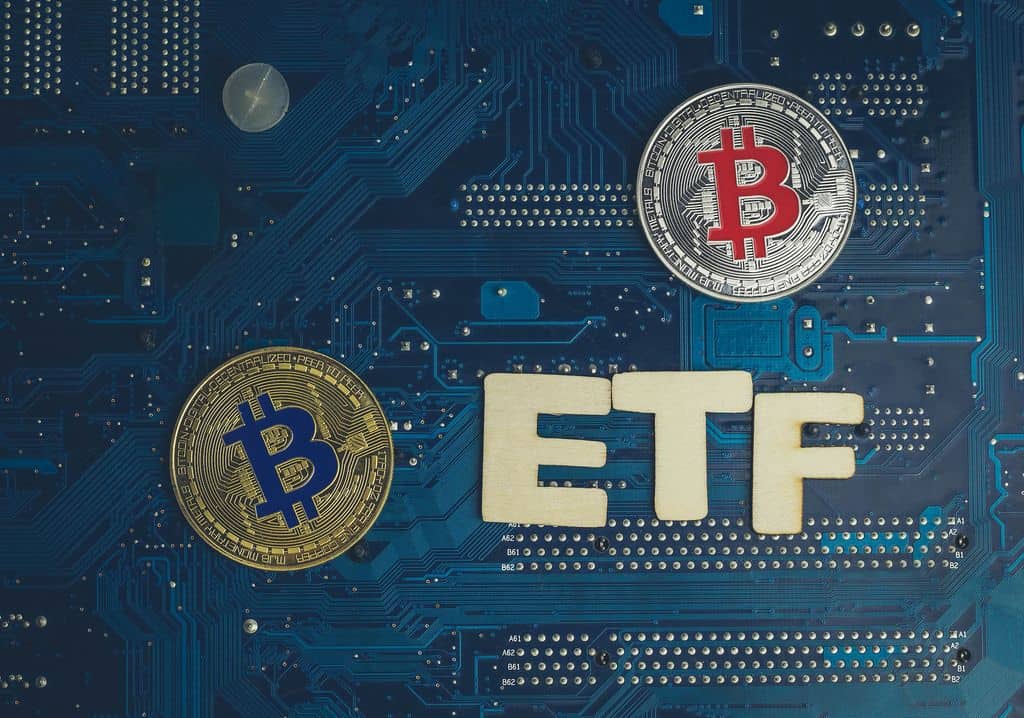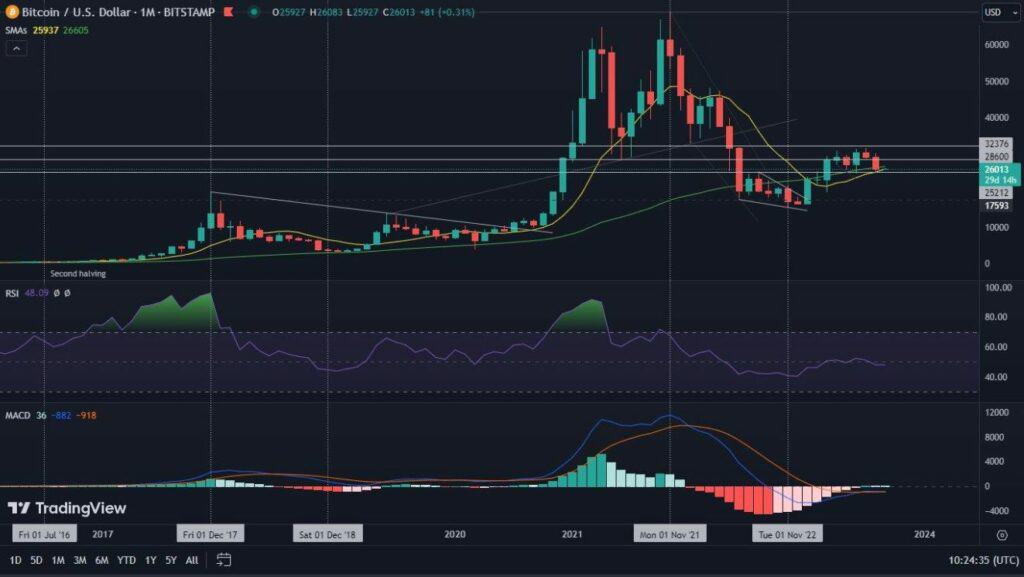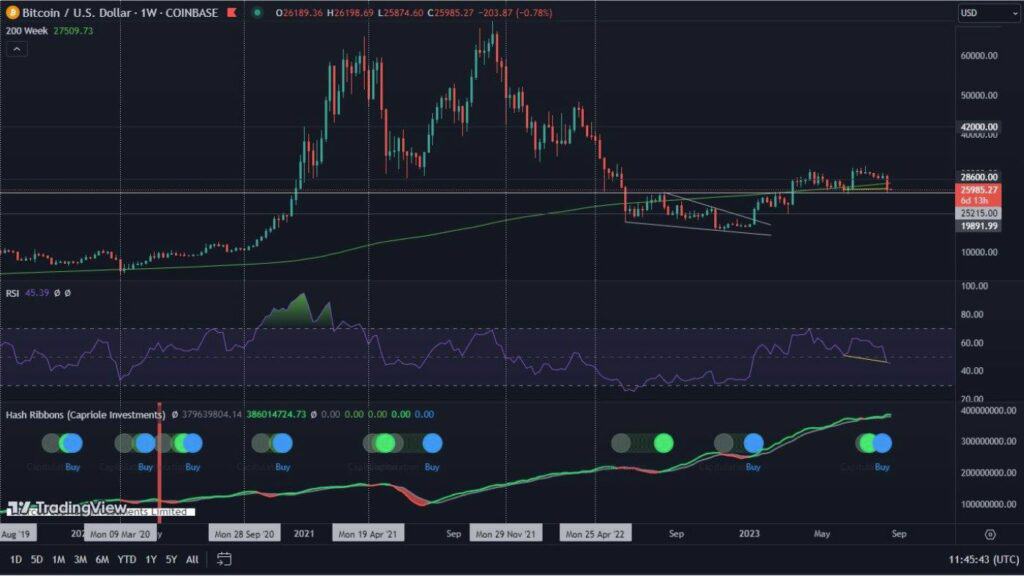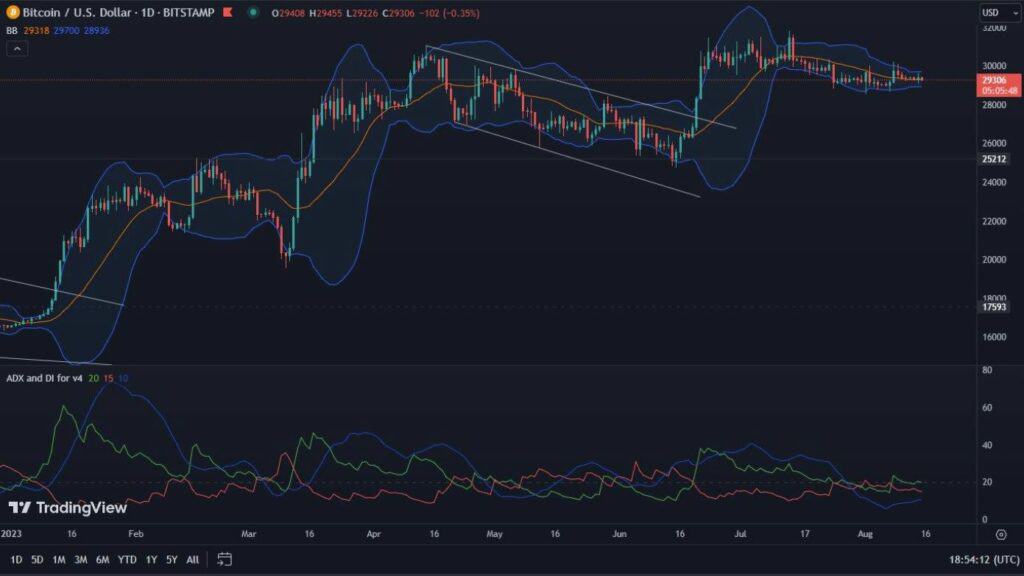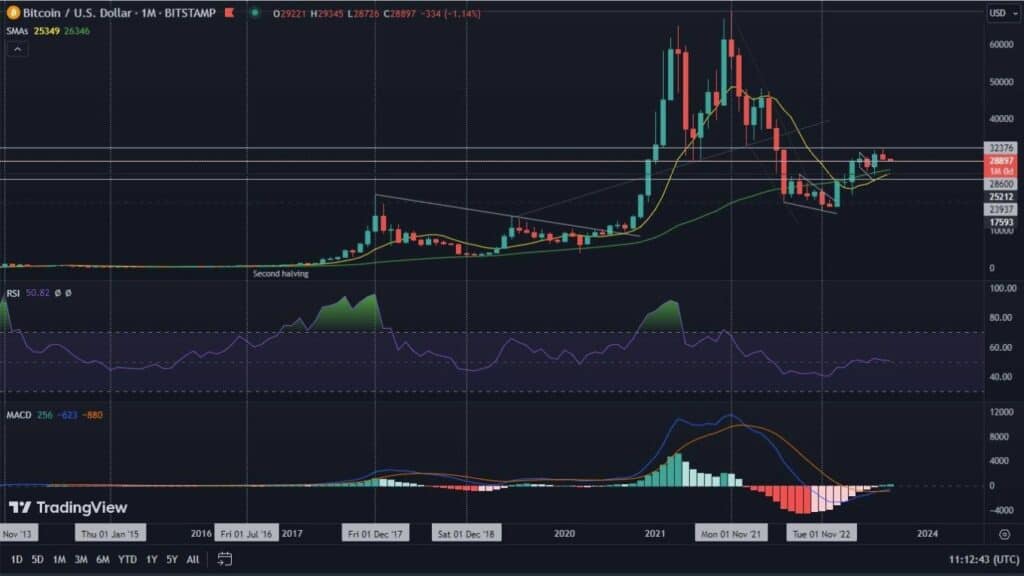The Bitcoin 2021 conference that took place in Miami hosted many special speakers covering very interesting topics. But what would the biggest event in history be without a unique declaration? One was made by the President of El Salvador, who announced that his parliament would vote in the next few days on a bill to establish Bitcoin as a legal means of payment, or ‘legal tender’ in his country.
A landmark decision
Nayib Bukele, as the president of the Central American country is called, made the declaration through a video that was aired during the conference. This was in addition to a speech by Jack Mallers, who noted in his remarks that while living in El Salvador he observed that more than 70% of the country’s population does not have access to traditional banking. Mallers, who is the strategic director of Strike, a digital finance company, confirmed that El Salvador has partnered with him to provide logistical solutions to facilitate access to Bitcoin for as many citizens as possible.
From the president’s declaration, to the day of the debate and the final decision, it didn’t take long to come. On June 9, in an official vote, the Salvadoran Parliament established Bitcoin as a means of payment equivalent to the U.S. dollar as it had been in the country until then. Bitcoin in El Salvador was voted down by an overwhelming majority (84 to 62). Although the official implementation of the new law is expected to take 90 days, the decision is already causing quite a stir around the world. According to the World Bank, there are about 6.5 million people living in this small country. In turn, 2 million citizens work abroad and send their money to their families back home. This is estimated to be about $4 billion per year, which is about 20% of El Salvador’s total GDP.
Local and global impacts of the decision
For Salvadoran citizens, the decision is groundbreaking and potentially makes their lives easier. Remittances will become faster and also possible for those without access to traditional banking. The country itself also stands to gain a lot. President Nayib Bukele has suggested that crypto companies with regulatory problems in their home countries could easily move to El Salvador and benefit from the new regulations. According to the calculations of government representatives, the country can thus obtain annual GDP growth of up to 25%.
Also interesting seems to be the automatically observed domino effect in which politicians in South and Central American countries such as Argentina, Panama, Paraguay and Brazil have turned their eyes towards Bitcoin and are increasingly vocal about potential similar regulations. The fact that companies providing their services in the small country of El Salvador will have to comply with the new law also seems groundbreaking. The only way to avoid this is to not implement cryptographic technology in their structures. It is worth noting that El Salvador is also home to companies included in the S&P500, which are the largest companies in the United States.
Thus, El Salvador became the first country in the world to establish Bitcoin as legal tender. It is worth watching what happens next, as the consequences of this decision are still not fully known, and they could spread across the globe.




